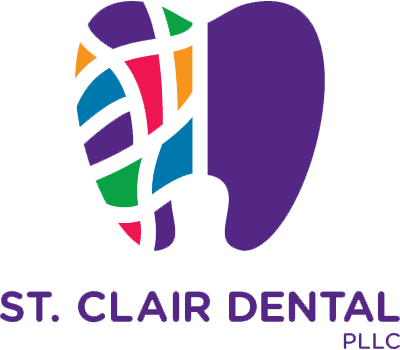Parents often face some unique challenges when it comes to maintaining their children’s oral health. Parents with special needs children often face uphill battles with their children’s dental care, as many children with special needs cannot perform their dental care on their own. Because of the assistance needed to brush and floss their teeth, giving them the encouragement and understanding they need to care for their oral health can leave many parents lost and feeling helpless in their struggles to care for their children. As family dentists, we’re here to give you the help you need by facing those challenges with you.
The Health Challenges With Special Needs Children
Children with cognitive disabilities, including autism, cerebral palsy, and Down syndrome, often face challenges with daily activities. Self-care activities can be impossible to perform on their own, and these children often need help to maintain good health. One of the biggest issues that arise from these situations is that children with special needs or disabilities are more likely to develop dental problems and thus require more extensive medical and dental care due to these limitations. However, many of the dental issues children with special needs face can also result from various factors not normally considered by parents, including:
- Genetics: Genetic disorders can sometimes cause delays in tooth eruption, causing malformed teeth to develop. Some children develop extra teeth or have con-genetically missing teeth. Overall, these genetic developments can leave children more prone to gum disease and tooth decay at an early age due to cleaning difficulties.
- Immune System: Children with impaired immune systems can become more vulnerable to bacteria development, leading to a higher risk of cavities and gum disease. Lacking nutritional requirements can also contribute to a weakened immune system.
- Behavioral Habits: In other cases, habitual grinding can cause severe breakdowns in enamel, leading to an increased buildup in plaque along with the teeth and gums. This harsh grinding can also cause the teeth to break over time due to the weakened enamel.
- Medications: Medications that work to combat immune system disorders can also cause significant side effects, including dry mouth, which prevents the use of saliva from removing bacteria from the mouth.
Ways to Help Encourage Brushing and Flossing
Even with these challenges, your family and pediatric dentists can offer many ways to help you care for your children’s teeth and encourage them to brush and floss. Creating a positive experience for your children is vital when it comes to their dental care, and some of the ways that you can help encourage your child to brush their teeth are through options such as:
- Electric Toothbrushes: Electric toothbrushes or other specially designed toothbrushes can help accommodate physical limitations and act as an assistant for brushing their teeth.
- Kid-Friendly Toothpaste: Kid-friendly toothpaste can help remove any negative responses while brushing, including sensitivities to taste and smell.
- Floss Holders/Picks: For flossing, floss holders, floss picks, and other aids provided by your dentist can help remove the stress involved with this routine.
- Regular Dental Visits: Most importantly, regular dental visits can help create more positive experiences by giving them safe spaces to learn about their oral health and find incentives to care for their teeth.
When it comes to oral health, it takes time, planning, and an immense ability to help manage the challenges with their needs, and while oral care isn’t always easy, your dentist can help you make it work.

